Latest News: ESG
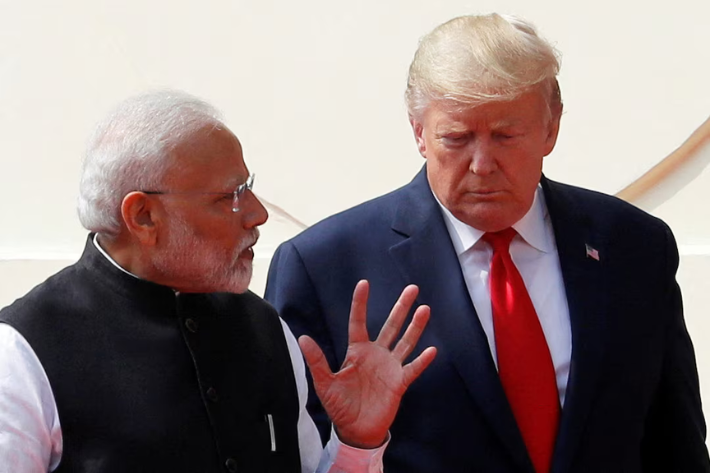
Delhi has been keen to do a trade deal with the US but filed notice of a trade dispute with the WTO this week, showing it's unhappy with Trump's 25% tariff on steel and aluminium
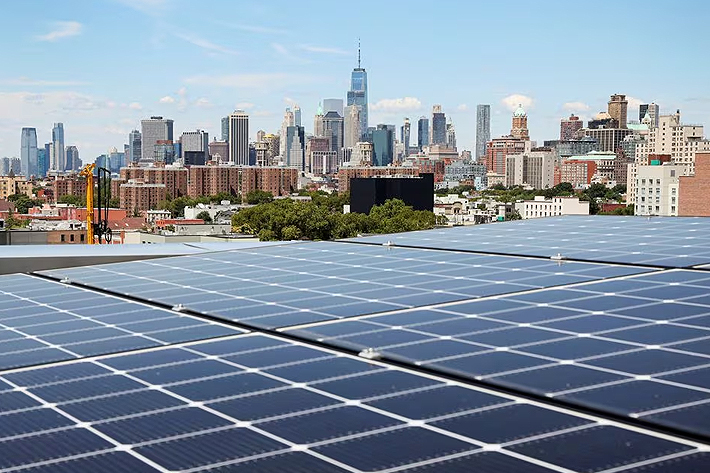
US senators have introduced a bill to stop batteries being purchased from six Chinese companies, amid concern domestic power grids could be destabilised, after rogue devices were found in Chinese solar power inverters
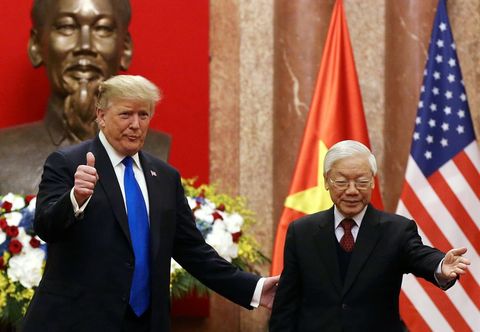
Analysts say countries in Southeast Asia like Vietnam, Thailand and Malaysia, plus Mexico, who are part of the China-plus-one supply chain, will need to make better deals with Washington.
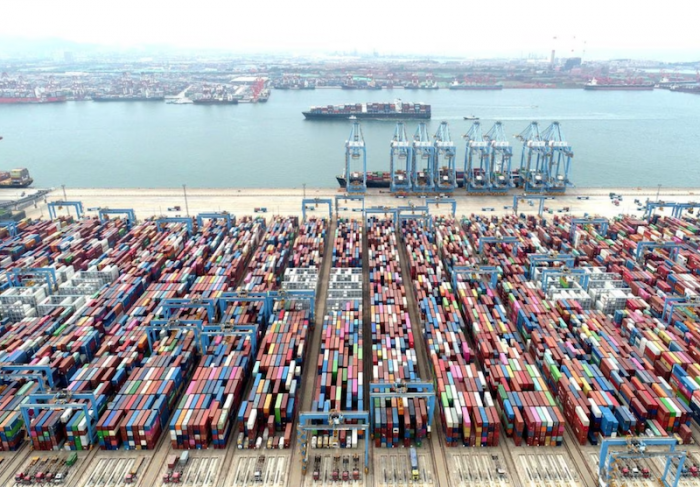
State media have hailed the big tariff cuts agreed with US officials as a result of Beijing's tough countermeasures and negotiating skills; shipping companies expect cargo loads to 'explode' in coming months
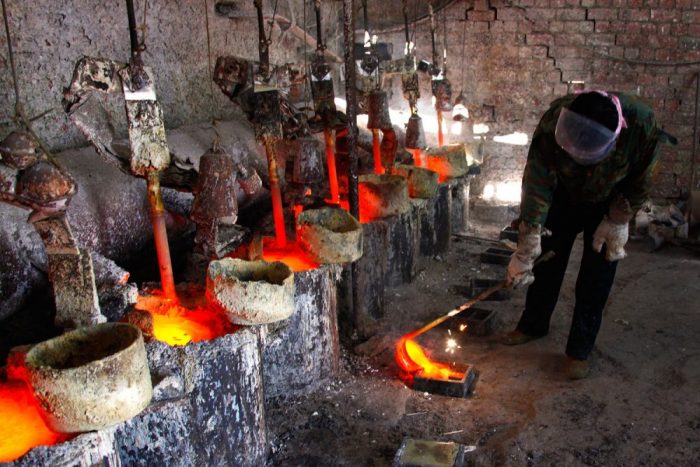
Industry sources expect Beijing to ease process for US firms to get export licences for rare earths, while Australia is looking to set up a strategic reserve stockpile of critical minerals

Asian markets rose, while the yuan and the dollar both surged after China and the US both said they have agreed to slash tariffs for 90 days

Nvidia will downgrade its H20 chip for China, with specifications that will slash its memory capacity, but a source said customers may also be able to adjust the new chip
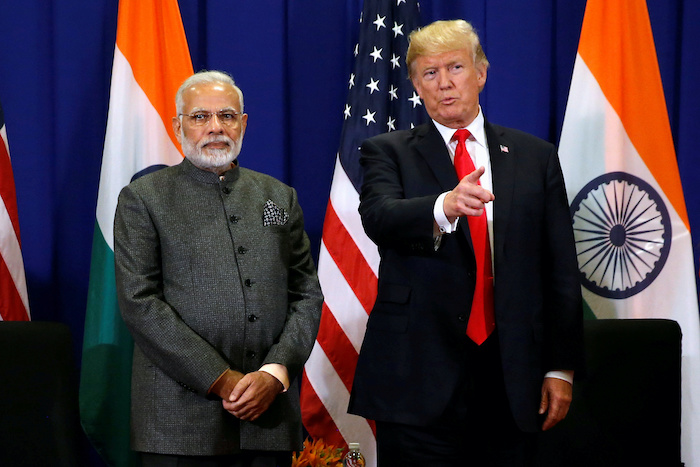
The Modi government has said its will slash its tariff gap with the US to less than 4% from nearly 13% – in a bid to be exempt from Trump's tariff hikes, sources have revealed
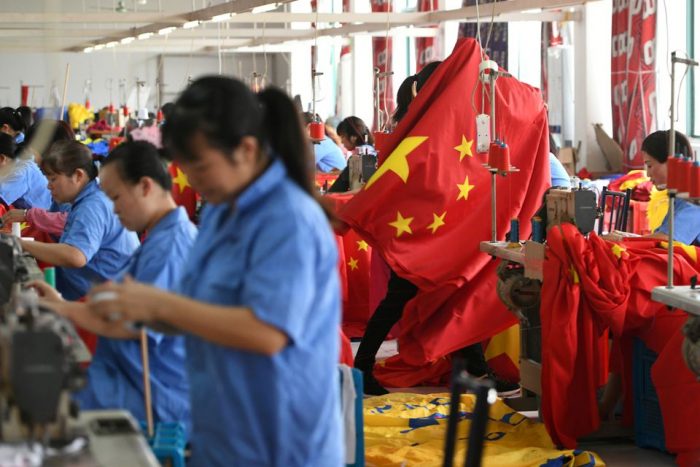
Beijing has grown increasingly alarmed about the impact of US tariffs on the economy and the risk of isolation as other countries started negotiating deals with Washington

Second quarter steel shipments are expected to plunge by about 20-30% after the US imposed a 25% tariff in March and other countries involved in trans-shipment followed suit

China's most successful carmaker is eyeing major growth from plants it is building in Europe and South America, and hopes to have half its sales overseas by 2030

Trump administration officials are looking to dump the tiered approach to access to advanced chips and shift to a global licensing regime with government-to-government agreements, sources say
AF China Bond
- Popular












